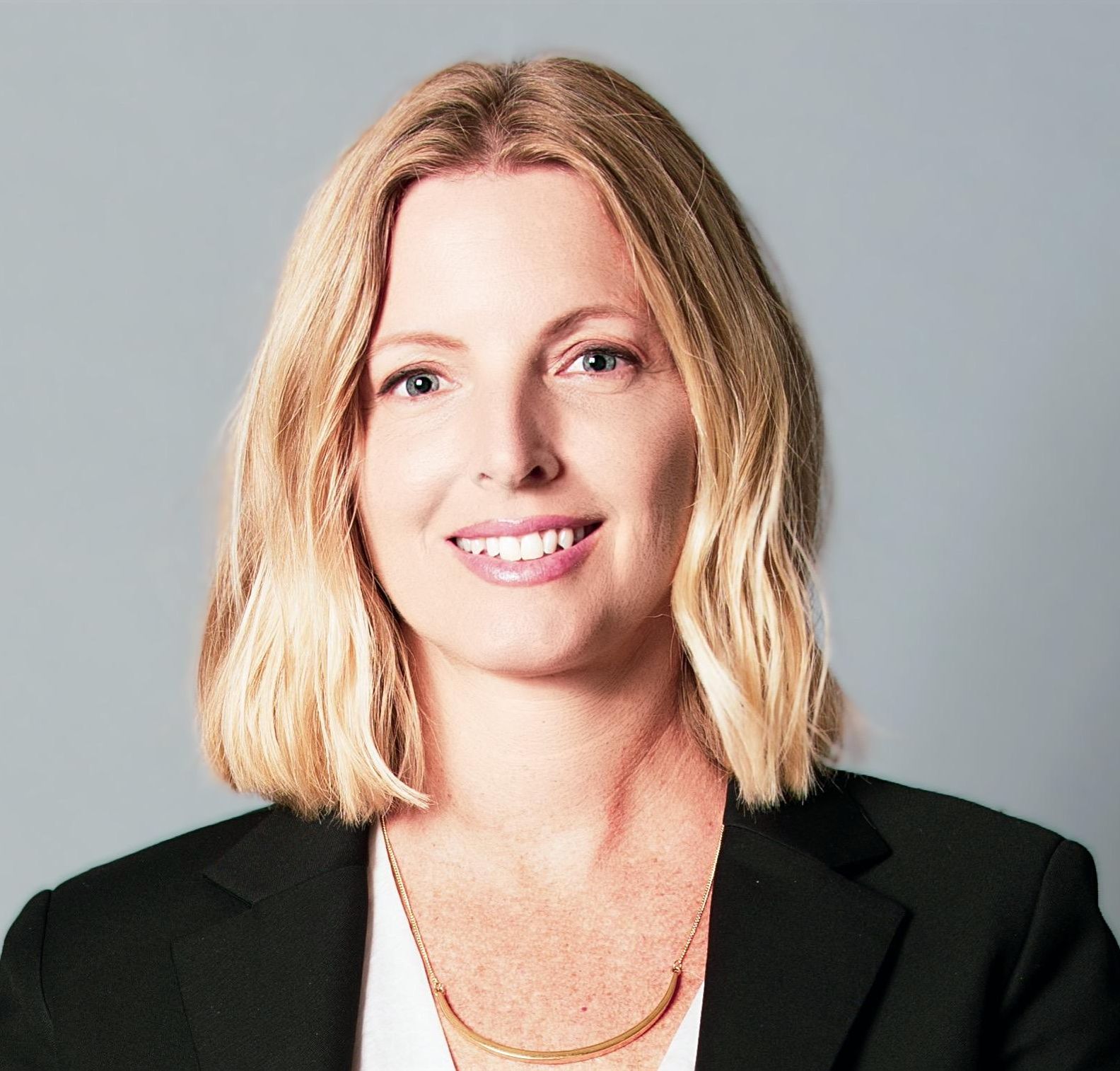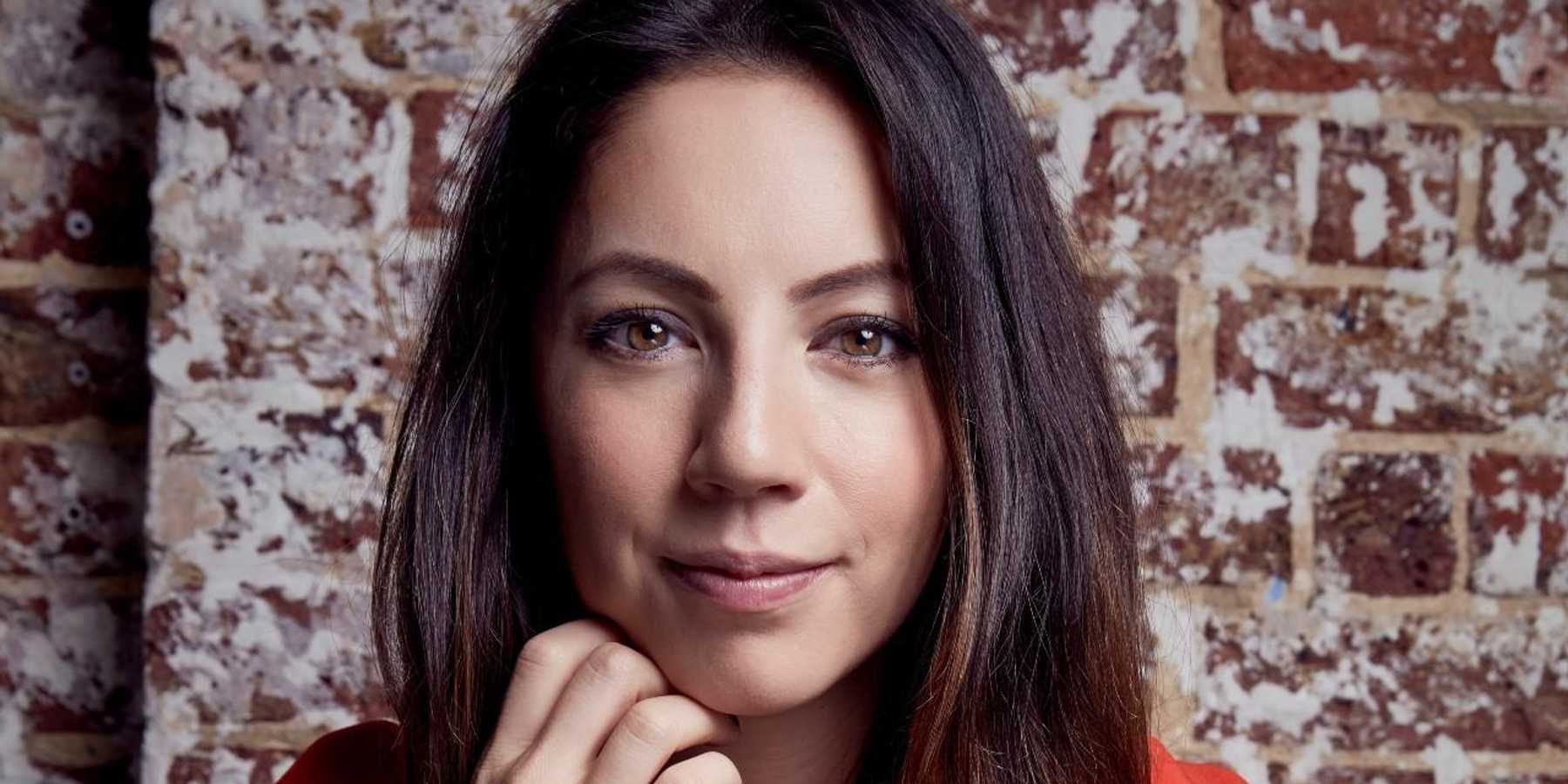

Get in the KNOW
on LA Startups & Tech
X
Photo by Sean Pavone/ Shutterstock
Long Beach Accelerator Set to Welcome Fourth Group of New Companies
Deirdre Newman
Deirdre Newman is an Orange County-based journalist, editor and author and the founder of Inter-TECH-ion, an independent media site that reports on tech at the intersection of diversity and social justice.
Long Beach has a long history of innovation. It’s one of the densest aerospace hubs on the West Coast. There’s a vital port there, and the city is home to several tech industries—including health care, space tech and cybersecurity. That, along with its colleges and universities, have made Long Beach an enticing destination for entrepreneurs.
It’s within this environment that the Long Beach Accelerator sprouted in 2019 and has grown since. To date, the accelerator has cycled 20 companies through its four-month program, helping them raise a total of over $12 million.
On July 5, the program will welcome its fourth cohort of startups from around the world, participating in a hybrid combo of virtual and in-person sessions. Each cohort includes between five to 10 companies.
Long Beach, along with Cal State University, Long Beach’s Institute for Innovation and Entrepreneurship and capital provider Sunstone Management, are all partners in this public-private model of startup investment. The accelerator itself operates as a nonprofit.

Long Beach Accelerator Managing Director Andrea White-Kjoss
The city provides help with some funding, covering the costs for some low- to moderate income Long Beach-based founders whose companies are accepted into the accelerator.
The organization's partnership with CSULB enables it to help founders move from idea stage to execution at the institute, and then advance to business growth via the accelerator.
Sunstone Management, a private capital management and investment firm, provides funding for the incoming cohorts. The firm's venture capital fund typically invests $100,000 in the startups as soon as they join the accelerator and takes a 6% equity stake in return.
Sunstone had also been providing some follow-on funding on a case-by-case basis. It upped the ante earlier this year by promising an additional $500,000 to current cohort and alumni.
“It's a model that brings enormous resources to the table for our portfolio companies, as well as for economic development, acting as a growth engine for the region,” managing director Andrea White-Kjoss told dot.LA.
A serial entrepreneur who has served as CFO at several companies, White-Kjoss came aboard as the founding managing director in July 2020. Before that, she co-founded seed-stage funding platform ExtraVallis, based in Rancho Santa Fe, and founded Mobis Transportation, which was the product of a public-private partnership with the city of Long Beach.
She also happens to be a 17-year resident of the city.
“So I know intimately how attractive this city is to tech entrepreneurs, from the high-tech industries, to the culture and lifestyle, to the world-class workforce and institutions,” she said. “When you bring all of that together...the opportunity to build a tech accelerator, and more than that really, a tech ecosystem here in Long Beach, was natural and irresistible.”
The accelerator was originally intended to be in-person, but quickly had to pivot to remote sessions during the pandemic. It remains virtual, for the most part, “which has turned out to be a huge source of strength,” White-Kjoss said.
That’s because the founders come from all over the world. There’s no geographic restrictions on who’s accepted and no need to burden founders with moving to Long Beach to participate.
White-Kjoss said the move has fostered diversity, and enabled the accelerator to draw on an international network of mentors, instructors, advisors and investors.
They—along with the accelerator’s staff of three facilitators — get to know the companies and their founders “deeply” and provide individualized assistance, including building strategic partnerships with potential customers and/or marketing partners.
There is still an in-person aspect to the accelerator. All cohort founders fly into Long Beach for about two weeks during the program. While there, they attend in-person workshops and networking events. They also participate in a Demo Day, with investors present. This helps the companies get additional seed funding for continued growth once they graduate.
So far, five graduating startups have received acquisition offers—but none have taken them.
White-Kjoss said that’s because those founders “felt they had much further to take their companies, at least in some degree, due to the empowerment of the tools, resources and networks provided by the accelerator.”
Bump's Success
One success is Los Angeles-based Bump. Since graduating from the Long Beach Accelerator, Bump has raised more than $5 million, co-founder and CEO James Jones told dot.LA.
It’s currently participating in another accelerator, Snap’s in-house Yellow Accelerator, which is now a co-lead investor in Bump, along with Sunstone.
The company is working on an AI-fueled fintech platform for the creator economy, which hasn’t yet launched. It would help creators track revenue from multiple sources, monitor expenses, access credit and manage their crypto and non-fungible tokens (NFTs).
The company has started a waitlist, for access to its credit and financial management tools. Once the services are available users would pay about $400 per year.
The company also plans to integrate micro-advances into its platform, designed to enable creators to stay in full control of their finances and keep 100% of the rights to their work.
Jones said that participating in the Long Beach Accelerator’s very first cohort was a “great springboard” for the company.
Specifically, sessions on customer personas and discovering addressable markets, as well as mentor meetings were “invaluable,” he added.
Meet the Startups In the Long Beach Accelerator's Latest Cohort:
Apsy: Creating the first true fully AI platform to build affordable elegant custom apps.
Crumbraise, Inc.: Fundraising made easy for creators, clubs & causes.
Educational Vision Technologies, Inc.: Automated video editing and content curation using A.I. to make online learning accessible, efficient and engaging.
Gift Pass App Inc.: Streamlining experiences around digital gifting & payments.
The Girls Co LLC: We are a women's health company that is currently focused on a solution to alleviate period cramp pain.
Intellitech Spa Inc.: Intellitech is a realtime telematics, predictive maintenance and driver behavior monitoring platform.
Kwema: Kwema provides an easy to scale Smart Badge Reel Duress Service that reduces incident response time without escalating the situation.
Pathloom, Inc.: Outdoor trip planning made easy!
Rotender: The world's fastest and most reliable bar.
From Your Site Articles
- Launch House Accelerator Expands to New York and Beyond - dot.LA ›
- Techstars' 2021 Space Accelerator Class - dot.LA ›
- Los Angeles' Top Startup Incubators and Accelerators - dot.LA ›
- The Lull in Shipping Could Harm L.A.'s Clean Tech Startups - dot.LA ›
Related Articles Around the Web
Deirdre Newman
Deirdre Newman is an Orange County-based journalist, editor and author and the founder of Inter-TECH-ion, an independent media site that reports on tech at the intersection of diversity and social justice.
Sinai Venture's Founder Zach White On Their New $600 Million Fund
04:03 PM | January 28, 2021
Photo by Brandon Erlinger-Ford on Unsplash
On this week's episode of the L.A. Venture podcast, hear from Zach White, partner at Sinai Ventures, about what it's like managing Sinai's $600 million Fund II. We talk about investing in Pinterest, buying secondary shares and independent thinking in the venture business.
Key Takeaways:
- Sinai has done 85 investments out of a 2017 fund one worth $100 million. Pinterest is one of them and when it went public, the investment was briefly underwater. But Sinai stuck with them because they believed in the company, and it ultimately has paid dividends.
- White sees a lot of opportunity in secondary markets, where there's lots of money to be made — and lost.
- White and his partner Jordan Fudge are L.A. natives and want to provide the city's startups with bigger checks, something they see as much needed in L.A.'s current environment.
- Healthcare, technology and B2B have been Sinai's best-performing investments so far.
- Sinai has a $100 million fund for New Slate Ventures, a film and television production arm.
"Our general perspective is that when you're writing checks of this size, it's equally as important to fundamentally look for the compounding of social change as much as there is the compounding of your dollars." — Zach White
Zach White is partner at Sinai Ventures.
From Your Site Articles
- Jordan Fudge Raised One of the Largest Funds in LA History - dot.LA ›
- LA Venture Podcast: How Westlake Village BioPartners Aims to ... ›
- Two LA Funds Focusing on Diversity Get PayPal Infusion - dot.LA ›
- LA Venture Podcast: Jim Andelman of Bonfire Ventures ›
- LA Venture Podcast: A Conversation With Alex Gurevich of Javelin ... ›
Related Articles Around the Web
Read moreShow less
Minnie Ingersoll
Minnie Ingersoll is a partner at TenOneTen and host of the LA Venture podcast. Prior to TenOneTen, Minnie was the COO and co-founder of $100M+ Shift.com, an online marketplace for used cars. Minnie started her career as an early product manager at Google. Minnie studied Computer Science at Stanford and has an MBA from HBS. She recently moved back to L.A. after 20+ years in the Bay Area and is excited to be a part of the growing tech ecosystem of Southern California. In her space time, Minnie surfs baby waves and raises baby people.
Sandbox Studios’ Jackie Fast on the New Ways Celebrities Are Partnering With Startups
06:00 AM | August 31, 2022
Jackie Fast doesn’t think celebrities make good entrepreneurs. Instead, they make great assets for young companies.
On this episode of the LA Venture podcast, the Sandbox Studios managing partner discusses why many celebrities are exploring startups. Sandbox is a $30 million seed-stage fund that invests in brands that are being built by celebrities.
“The motivation for me is absolutely everything,” Fast said. “Why is this person doing this? Often—I mean, 100 times out of 100—it's not because they care. They want to make more money.”
Fast started her consultancy, Slingshot Sponsorships, at 24, after she was passed over for a role at the organization at which she was working.
“I was very qualified for the role. Even to this day, I still am annoyed about it. I applied and the CEO just said, ‘You're too young. You need more experience’.” She quit soon afterward and by 26, Fast signed Prince as her second client—without realizing that the iconic musician was notoriously uninterested in sponsorships.
“Prince was one of my first clients and—I didn't know this at the time—but the reason we got Prince was because nobody wanted to work with him to do commercial stuff. Because he didn't care. He's all about the music.”
Fast helped launch his album “20Ten” through Spotify and the DailyMail. It was the first time an album had launched on the growing music platform, and the move helped Prince quickly climb the charts.
“That just catapulted me into the music scene,” Fast said.
She took on clients including The Rolling Stones, Duran Duran and One Direction.
“My whole ethos was that social media and digital technology was changing and shaping the way that consumers and fans could engage with the things that they loved,” Fast said.
Slingshot prepared Fast to evaluate celebrity-backed companies and consider how their audiences can help a product thrive.
“A brand fundamentally is trying to ship product. So there are certain times when consumers are more receptive to information. And a lot of that is when they are enjoying themselves, they're having fun, they're in a calm place,” she said. “So any of those kind-of core emotional, humanistic things that connect people with other people—if a brand can insert themselves in the middle of that—that's where the recall comes from. That's where you start associating your own individuality with a brand.”
Celebrities began eyeing equity deals more seriously after George Clooney sold his tequila company, Casamigos, for $1 billion in 2017. Instead of promoting the brand for cash as most celebrities do, Clooney—one of its founders—opted for equity. When the brand eventually sold, he did well.
“When George basically did nothing and made a billion dollars, everybody was like, ‘Oh my goodness, we should be doing this. Why are we taking fees?,” Fast said.
The problem, she added, is that most talent agents make their money through commission and wouldn’t benefit from equity deals. Many of them ignored celebrities’ requests, leading frustrated talent to reach out to startups on their own—sometimes even using DMs to initiate contact. Often the resulting deals were not good ones, Fast said. Large talent agencies including CAA and WME have since set up venture arms for their clients.
Sandbox’s portfolio includes Kylie Cosmetics, Fabletics and Aviation Gin. The fund also invested in the animation studio Invisible Universe, alongside partners including Reddit co-founder and investor Alexis Ohanian. Invisible Universe partners with celebrities to create animated characters and build their following on social media. Once they gain traction, they can become the basis for books, shows, podcasts and other creative ventures.
“With these small animation companies, they can turn around ideas in a day and a half,” Fast said. “They create short form content that goes on Instagram Stories, TikTok [and] Reels, and they build momentum and following through lots of short-form content.”
While Fast invests in products built by celebrities, she said she views them less as entrepreneurs and more as a way for companies to gain instant brand recognition.
“I'm investing in a route-to-market and an asset that most companies don't have access to,” she said. “I don't look at the celebrity as like a person or a founder. I look at the celebrity as the marketing arm or the marketing special dust that you can add to a product.”
dot.LA editorial intern Kristin Snyder contributed to this post.
Click the link above to hear the full episode, and subscribe to LA Venture on Apple Podcasts, Stitcher, Spotify or wherever you get your podcasts.
Read moreShow less
celebrity investmentsjackie fastl.a. venturesandbox studiosvirtual realityla ventureentertainment techinfluencer economy
Minnie Ingersoll
Minnie Ingersoll is a partner at TenOneTen and host of the LA Venture podcast. Prior to TenOneTen, Minnie was the COO and co-founder of $100M+ Shift.com, an online marketplace for used cars. Minnie started her career as an early product manager at Google. Minnie studied Computer Science at Stanford and has an MBA from HBS. She recently moved back to L.A. after 20+ years in the Bay Area and is excited to be a part of the growing tech ecosystem of Southern California. In her space time, Minnie surfs baby waves and raises baby people.
RELATEDTRENDING
LA TECH JOBS


